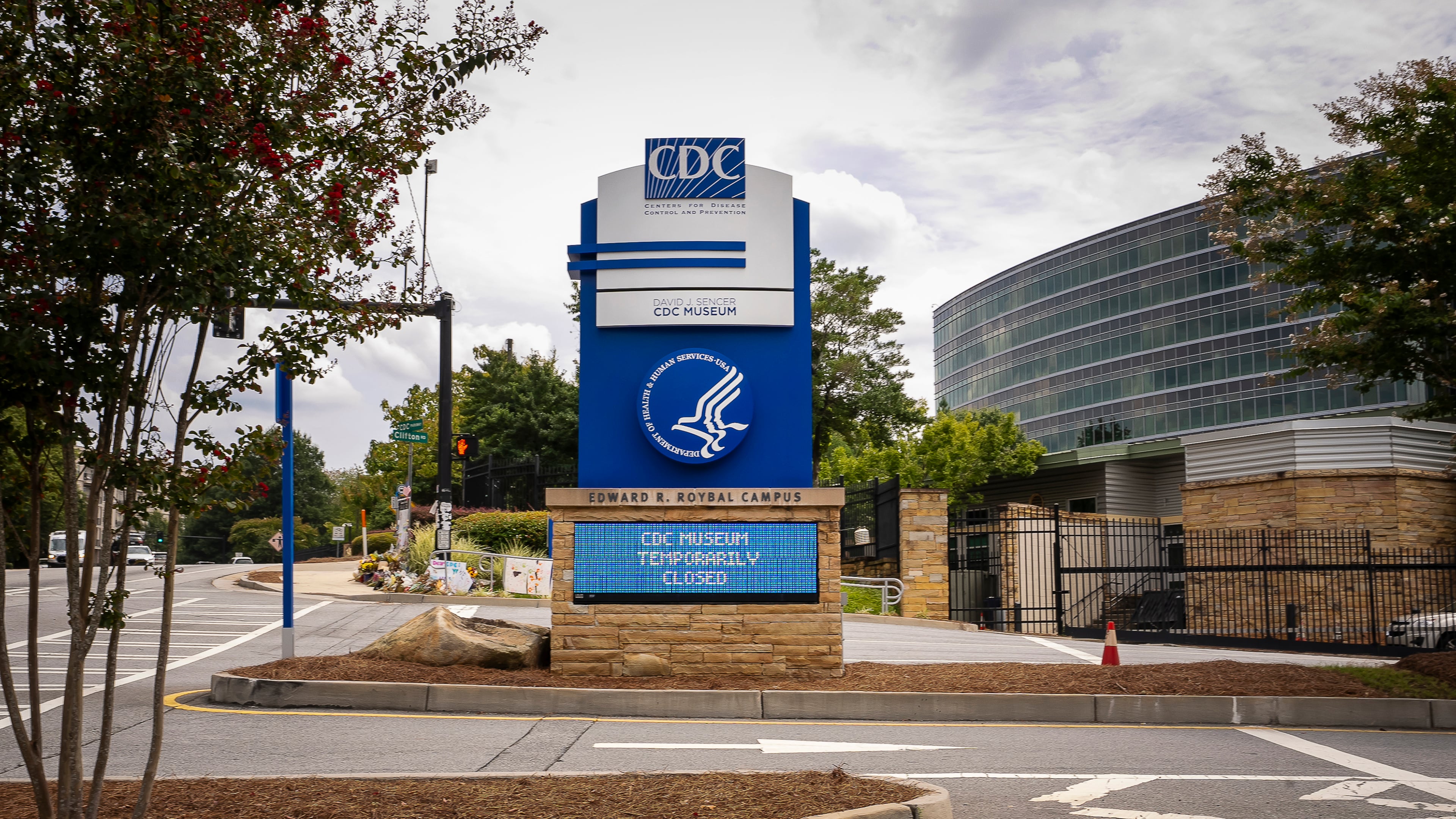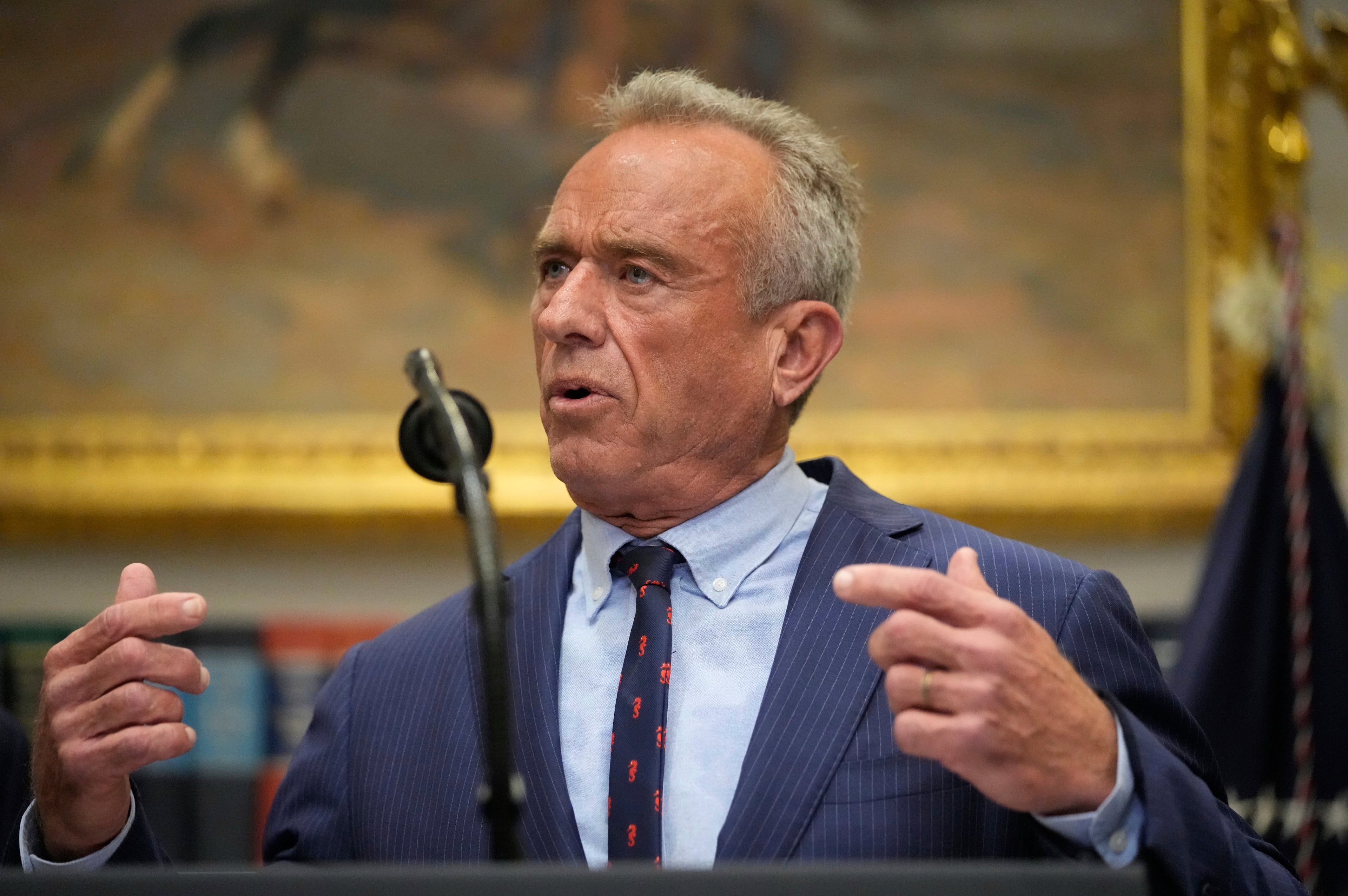Trump administration is bringing back scores of CDC experts fired in error

The Trump administration Saturday raced to rescind layoffs of hundreds of scientists at the Centers for Disease Control and Prevention who were mistakenly fired Friday night in what appeared to be a substantial procedural lapse.
Among those wrongly dismissed were the top two leaders of the federal measles response team, those working to contain Ebola in Congo, members of the Epidemic Intelligence Service, and the team that assembles the CDC’s vaunted scientific journal, the Morbidity and Mortality Weekly Report.
After The New York Times reported the dismissals, two federal health officials said Saturday that many of those workers were being brought back. The officials spoke anonymously in order to disclose internal discussions.
The mistakes rocked an agency already in tumult, and which has been a particular target of Health Secretary Robert F. Kennedy Jr. The CDC lost about a third of its staff in April; many were rehired weeks later.
In August, a gunman emptied more than 500 rounds of ammunition at the agency’s headquarters in Atlanta. Later that month, Kennedy orchestrated the ouster of the agency’s director, Susan Monarez, and precipitated a series of high-profile resignations.
Among the workers whose firings were revoked were members of the elite corps of “disease detectives” who are typically deployed to the sites of outbreaks. The team that puts together the Morbidity and Mortality Weekly Report, which communicates the agency’s recommendations and research, has also been brought back.
The employees “were sent incorrect notifications, which was fixed last night and this morning with a technical correction,” a senior administration official said. “Any correction has already been remedied.”
In order to ensure that teams confronting disease outbreaks include scientists with varied expertise, they comprise staff from various parts of the agency.
The two top leaders of the measles response, for example, are officially employees of the office of the director at the Global Health Center, and the office of the director at the National Center for Immunization and Respiratory Diseases. When outbreaks die down, team scientists return to their regular positions.
The leaders of the measles team were let go when the administration eliminated those two offices. But just as entire units must be cut in such a layoff, entire units must also be restored.
Athalia Christie, who was “incident commander” of the measles response, had nearly 30 years of experience managing outbreaks, including Ebola, Marburg and mpox, previously called monkeypox. The White House often reached out to her for help with outbreaks.
“Athalia is very well liked by the administration,” said Dr. Demetre Daskalakis, who led the respiratory disease center before he resigned in August. He had brought in Christie to lead the measles response.
Another senior infectious disease expert, Maureen Bartee, was working at the State Department. But both their jobs fell under the director’s office of the CDC’s Global Health Center, which was eliminated in the layoffs.
By Saturday night, employees of both offices, including Bartee and Christie, had received notices of their rehiring. They and others received a two-paragraph email saying that the notice they had received “on or about” Oct. 10 had been revoked.
“You will not be affected by the upcoming RIF,” the email said.
The confusion over how the disease teams are organized “demonstrates their lack of understanding that this thing is an interconnected organism,” Daskalakis said, referring to the CDC.
“I’m happy people are back, but this damage is not easy to repair both for current staff and for people who will lead public health in the future,” he added.
The agency’s entire Washington office, which was laid off Friday, will not be rehired. Nor will employees of the office of the director of the center for injury prevention, or those at the division of violence prevention policy.
“This is going to be devastating to Americans and to the global community,” said Dr. Debra Houry, who served as the agency’s chief medical officer before she resigned in August in protest against the administration’s policies.
“They are dismantling public health,” she added.
This article originally appeared in The New York Times.

